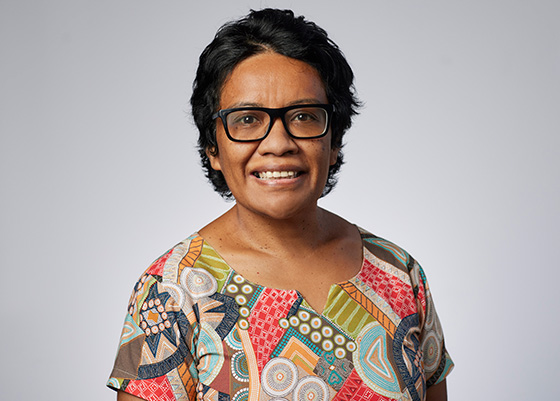
After almost a decade with the McCabe Centre for Law and Cancer, Daiana Buresova will this month leave her position as Regional Manager for the Pacific.
As the first person in the role, Daiana has led the Centre’s work in the Pacific for close to nine years, providing invaluable technical advice and support to governments, development partners and NGOs.
Director Hayley Jones said Dai’s work shows a deep commitment to cancer and NCD prevention and control.
"Dai has a wealth of knowledge when it comes to public health and law, which she has combined with her deep understanding of the Pacific region to create powerful and long-lasting change,” Hayley said.
“Her significant contributions include helping to establish the Centre as a leading technical advisor on the role of law in addressing NCDs from international and regional perspectives, strengthening relationships with our alumni and key development partners as well as seamlessly pivoting to online learning at the height of COVID-19 in 2020 and 2021, and delivering three Pacific tobacco control workshops.
“Whether it be running workshops on issues specific to the region, providing unwavering support to our Pacific alumni or putting global issues into a local context, she continues to put cancer prevention and control in the spotlight, leading to healthier, happier lives for countless people.
"We will be sad to see Dai go, but wish her all the very best for her next chapter in her career and we are excited to see how she continues to drive change.”
Expressions of interest for the Regional Manager for the Pacific role will soon be open.
Subscribe to our newsletter to keep up to date with developments on the role.